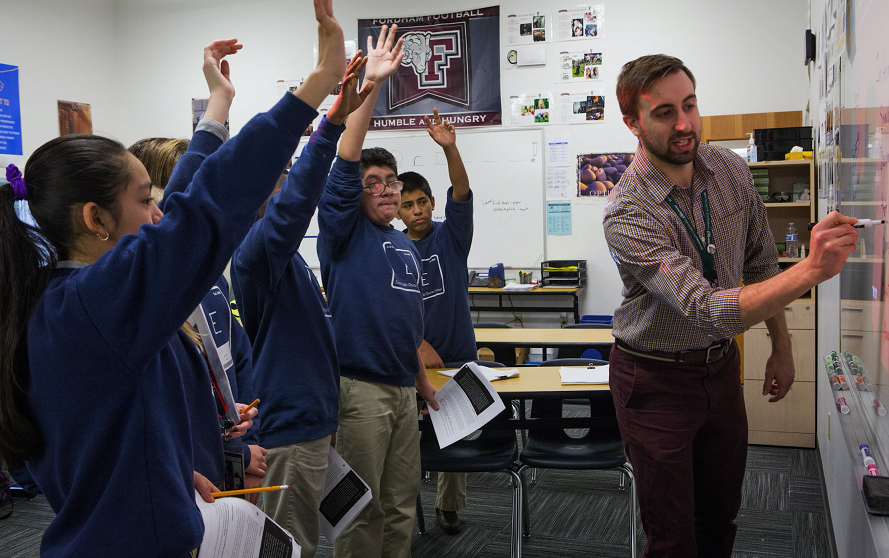Since the 1930s, traditional public schools have been centrally run from the top down by state legislatures, school district administrators and, starting in the late 1960s, by collective bargaining agreements negotiated by powerful unions. In addition, administrators in traditional public schools have never been held directly accountable for student performance. Public schools that fail to educate students adequately often remain open and unchanged year after year.
In the early 1990s, education leaders in some states took a different approach by authorizing independent charter public schools. Principals at charter public schools are allowed to control their budgets, teaching staff and educational programs with little or no central bureaucratic control. States with well-designed charter schools hold administrators accountable for student performance, by following through on their commitment to parents and the public that children living in the state will have access to a quality education. Charter public schools that consistently fail to educate students can be closed or placed under new management.





